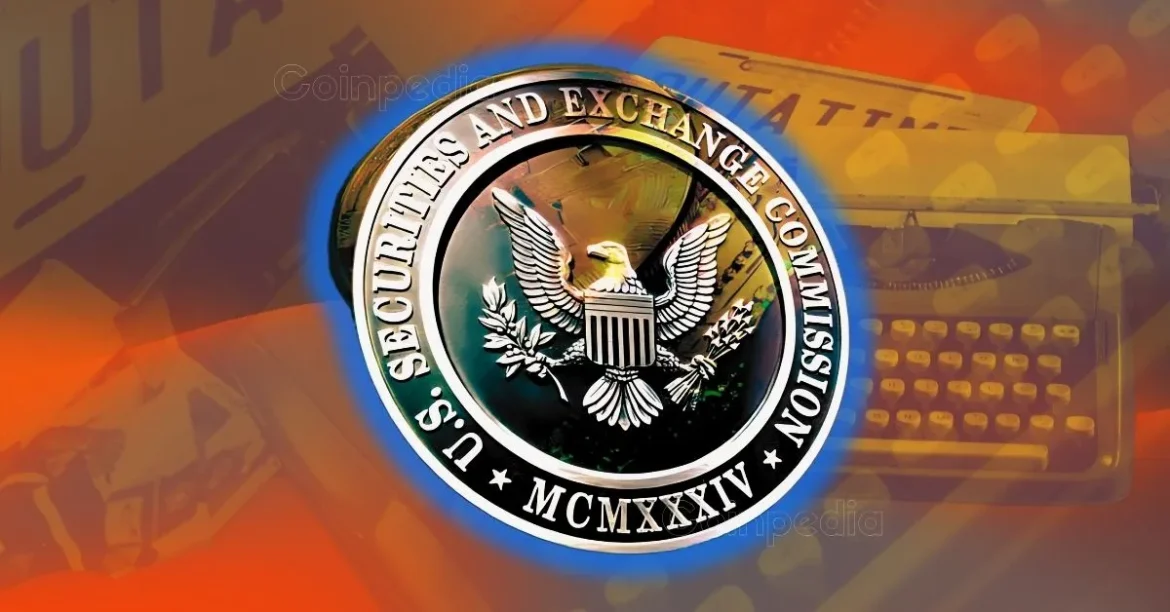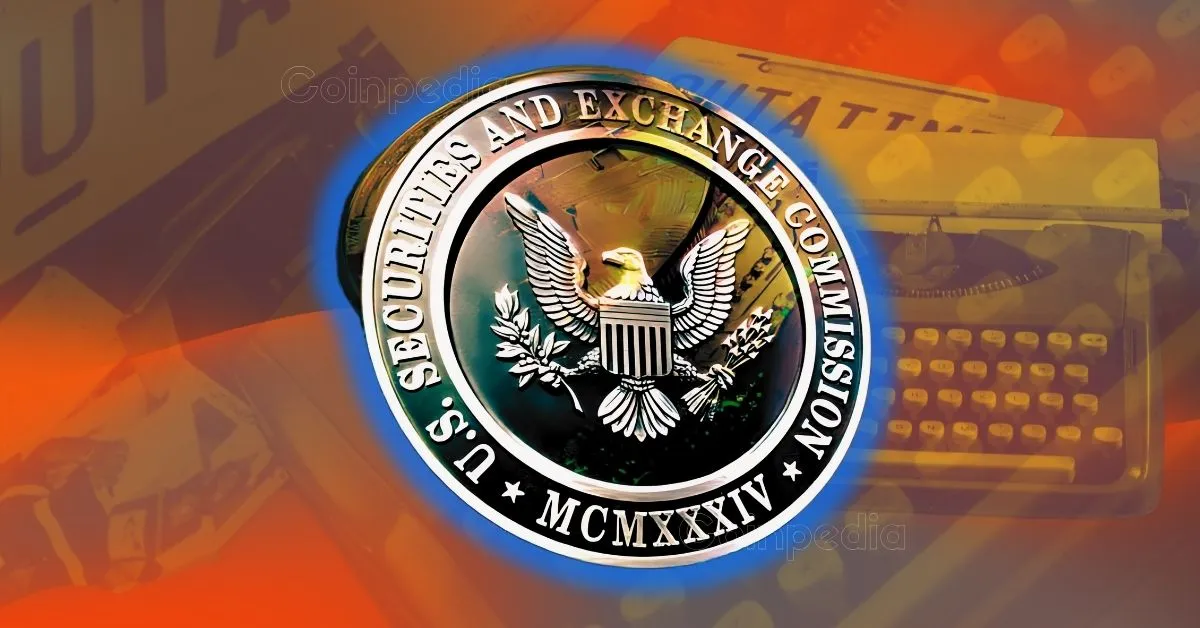The SEC’s Crypto Regulation Tour: A Comprehensive Analysis
Introduction to Project Crypto
The U.S. Securities and Exchange Commission (SEC) has launched an ambitious initiative known as “Project Crypto,” aimed at reshaping the regulatory landscape for cryptocurrency and blockchain technologies. This multifaceted project includes a nationwide roundtable tour, the formation of an AI Task Force, and a broader vision for integrating crypto assets into the financial system. The SEC’s efforts are driven by the need to balance innovation with investor protection, a challenge that has become increasingly complex as the crypto industry evolves.
The 10-City Roundtable Tour: Engaging with the Crypto Community
Purpose and Scope
The 10-city roundtable tour is a cornerstone of Project Crypto, designed to engage directly with small-scale crypto startups. These discussions are scheduled to take place in various cities across the United States between August and December 2025. The focus on startups with fewer than ten employees and less than two years of operation underscores the SEC’s commitment to understanding the unique challenges faced by early-stage ventures in the crypto space.
Why Small Startups?
Small startups often lack the resources and legal expertise of larger, more established companies. This makes them particularly vulnerable to regulatory uncertainty. By engaging with these startups, the SEC aims to:
- Gain Insights: Understand the specific challenges and opportunities faced by small crypto startups.
- Identify Regulatory Gaps: Pinpoint areas where regulatory clarity is most needed.
- Tailor Regulations: Ensure that future regulations are designed to support the growth and innovation of these startups.
Tour Logistics and Locations
The tour will kick off in Berkeley, California, a hub of technological innovation, and will continue to cities such as Boston, Dallas, Chicago, and New York. These locations were carefully selected to represent diverse geographic regions and crypto ecosystems. The specific dates and venues for each roundtable will be announced closer to the event dates.
Expected Outcomes
The roundtables are expected to generate valuable qualitative data for the SEC. By listening to the concerns, suggestions, and experiences of crypto startups, the agency hopes to:
- Develop a Balanced Perspective: Gain a more informed and balanced view of the benefits and risks associated with crypto assets.
- Identify Best Practices: Determine best practices for promoting innovation while protecting investors.
- Refine Regulatory Framework: Adjust the existing regulatory framework to better accommodate the unique characteristics of the crypto industry.
Project Crypto: A Vision for Regulatory Innovation
On-Chain Finance: The Future of Financial Systems
The concept of “on-chain finance” involves using blockchain technology to automate and streamline financial processes. This could include tokenizing traditional assets, creating decentralized exchanges, and developing new forms of lending and borrowing. By embracing on-chain finance, the SEC hopes to:
- Reduce Friction and Costs: Lower the costs and complexities associated with traditional financial transactions.
- Increase Transparency and Efficiency: Enhance transparency and efficiency in financial markets.
- Foster Financial Inclusion: Provide access to financial services for underserved populations.
However, this transition also presents significant regulatory challenges. The SEC must address issues such as:
- Classification of Crypto Assets: Determine how different types of crypto assets should be classified under existing securities laws.
- Regulation of Decentralized Exchanges: Develop regulations for decentralized exchanges and other on-chain platforms.
- Investor Protection: Protect investors from fraud and manipulation in the crypto markets.
The AI Task Force: Embracing Technological Advancement
Recognizing the growing importance of artificial intelligence in the financial industry, the SEC is forming an AI Task Force as part of Project Crypto. This task force will be responsible for:
- Improving SEC Operations: Enhance the SEC’s own operations through the use of AI technologies.
- Exploring Policy Implications: Investigate the policy implications of AI in the financial markets.
- Developing Guidelines: Create guidelines for the responsible use of AI in the crypto industry.
The formation of the AI Task Force demonstrates the SEC’s commitment to staying ahead of technological advancements. By embracing AI, the agency hopes to enhance its ability to detect fraud, monitor market activity, and protect investors.
Potential Impact and Challenges
Potential Benefits
- Increased Regulatory Clarity: By engaging with the industry and soliciting public input, the SEC can develop clearer and more predictable regulations tailored to the specific characteristics of crypto assets.
- Greater Innovation: A well-designed regulatory framework can foster innovation by providing a clear roadmap for entrepreneurs and encouraging the development of new and innovative products and services.
- Improved Investor Protection: By addressing the risks associated with crypto assets, the SEC can protect investors from fraud, manipulation, and other forms of misconduct.
- Enhanced Market Efficiency: On-chain finance has the potential to reduce friction and costs in financial markets, leading to greater efficiency and increased access to financial services.
Challenges
- Balancing Innovation and Regulation: The SEC must strike a delicate balance between fostering innovation and protecting investors. Overly restrictive regulations could stifle innovation and drive crypto activity overseas, while lax regulations could expose investors to unacceptable risks.
- Defining Securities in the Crypto Context: Determining which crypto assets should be classified as securities remains a complex and controversial issue. The SEC must develop clear and consistent criteria for making this determination.
- Regulating Decentralized Finance (DeFi): DeFi platforms pose unique regulatory challenges because they are often decentralized and operate without intermediaries. The SEC must develop innovative approaches to regulating DeFi that do not stifle innovation or undermine the principles of decentralization.
- Enforcement Challenges: Enforcing regulations in the crypto industry can be challenging because many crypto assets are traded anonymously and across borders. The SEC must develop effective strategies for detecting and prosecuting violations of securities laws in the crypto context.
Conclusion: A New Era for Crypto Regulation?
Project Crypto represents a significant step forward in the SEC’s efforts to regulate the crypto industry. By engaging with the public, forming specialized task forces, and embracing new technologies, the SEC is signaling its commitment to creating a regulatory framework that is both supportive of innovation and protective of investors. While the challenges are significant, the potential rewards are even greater. If successful, Project Crypto could usher in a new era of transparency, efficiency, and innovation in the financial markets, solidifying the United States’ position as a leader in the global crypto economy. Only time will tell if the SEC’s ambitious vision can be realized, but the journey has undoubtedly begun.
The Road Ahead: Navigating the Crypto Frontier
The SEC’s “Crypto on the Road” tour is more than just a series of meetings; it’s a vital exploration into the heart of the crypto revolution. The outcomes of these discussions, coupled with the efforts of Project Crypto and the AI Task Force, will undoubtedly shape the trajectory of crypto regulation in the U.S. The road ahead is complex, but the potential for a balanced and innovative future is within reach.





